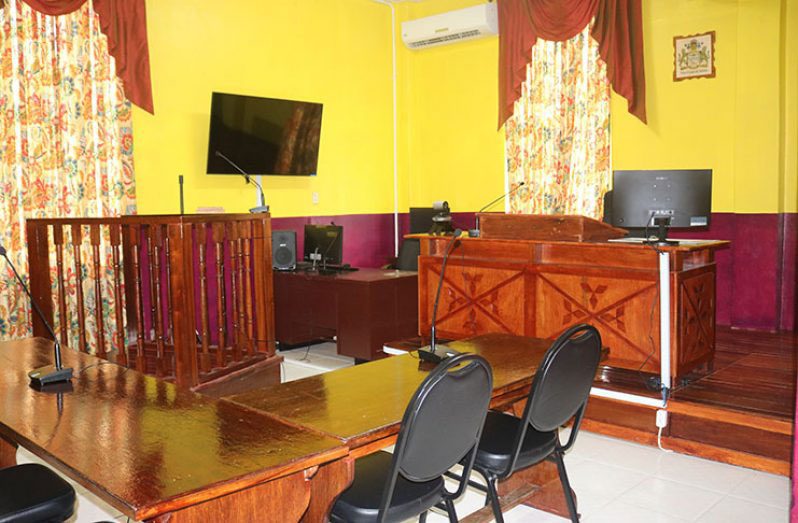THE Adolescent/Juvenile Drug Treatment Court (DTC) will soon be launched with the aim of reforming the juvenile justice system, and reducing social ills, by providing alternatives to young offenders who are drug abusers.
Currently, the Supreme Court of Judicature of Guyana is conducting a training workshop in preparation for the launch of the Juvenile DTC in Guyana, and the strengthening of the adult DTC.
The three-day workshop, which commenced on Wednesday at the Regency Suites, Georgetown, will conclude on Friday.
The workshop is hosted with support from the United Nations Children’s Fund (UNICEF) with support from the Organization of American States Inter-American Drug Abuse Control Commission (OAS.CICAD), the Drug Demand Reduction Project, and the Ministry of Health.
According to a statement from the Supreme Court of Judicature of Guyana, the institution is aware that drug addiction has become a societal and public health issue, with many offenders committing minor offences to support their habits.
The Supreme Court’s statement noted that, through sensitisation and training locally, regionally, and internationally, there is a better approach, other than punitive measures, in treating with persons who have substance abuse disorders.
The programme adds to the adult pilot project for reforming drug offenders, which showed that participants who complete the programmes were significantly less likely to be repeat offenders, compared to those sentenced with traditional punishments.
The Supreme Court statement further said the DTC is essentially a problem-solving court that addresses the needs of each participant, including his/her drug use and the criminal behaviour associated with it.
It noted, additionally, that participants of the Juvenile DTC will learn about substance use and the effects of different substances, the various stages of adolescent development, assessing risk, needs and resilience of adolescents in conflict with the law, the need for specialized interventions for adolescents, trauma and its impact on adolescents, and related issues such as gender considerations.
Further, participants will identify support systems that are necessary for the success of the courts, including family support groups.
The date for the launch of the Adolescent/Juvenile DTC will be announced shortly by the Supreme Court of Judicature, the institution said in its statement.
This is not the first time the Supreme Court of Judicature has embarked on a venture to strengthen the juvenile justice system.
In October 2018, the first Children’s Court was commissioned to support reform rather than punishment for young offenders under the age of 17.
The cases presently before the young offenders’ court include murder, manslaughter, attempted murder, discharging a loaded firearm, and other petty crimes.
The offenders are placed into the custody of the Juvenile Holding Centre at Sophia, Georgetown, while their matters are dealt with privately by the courts to protect their identities.
A regular feature of this process is the inclusion of a probation officer and child protection officer during hearings. The Childcare and Protection Agency (CPA) pre-screens young offenders.



.jpg)










